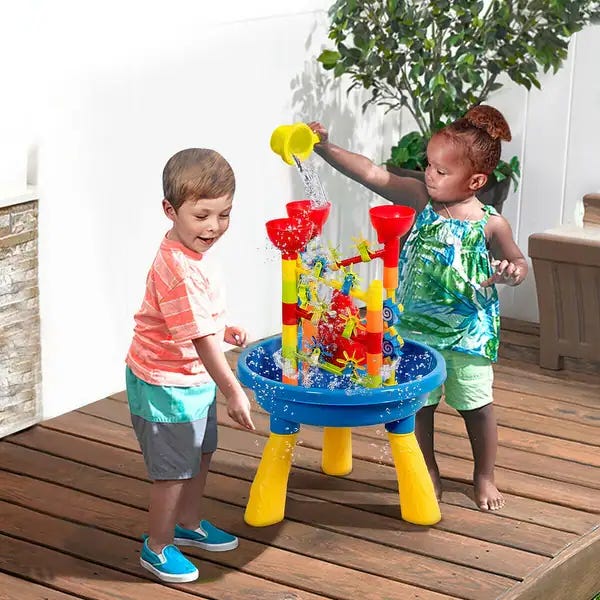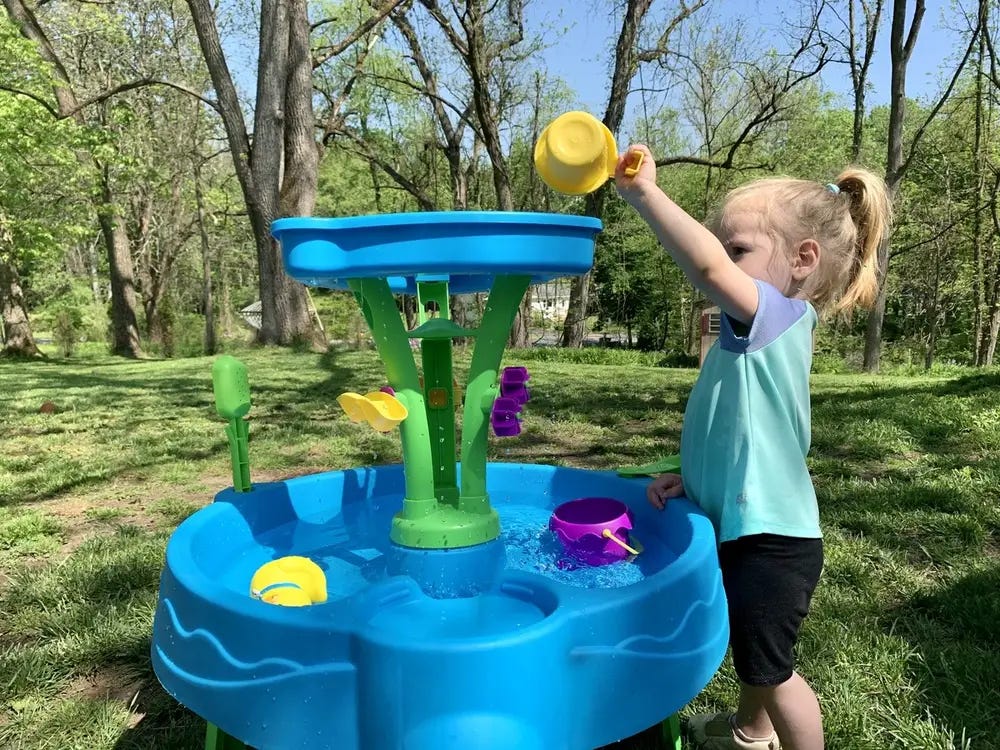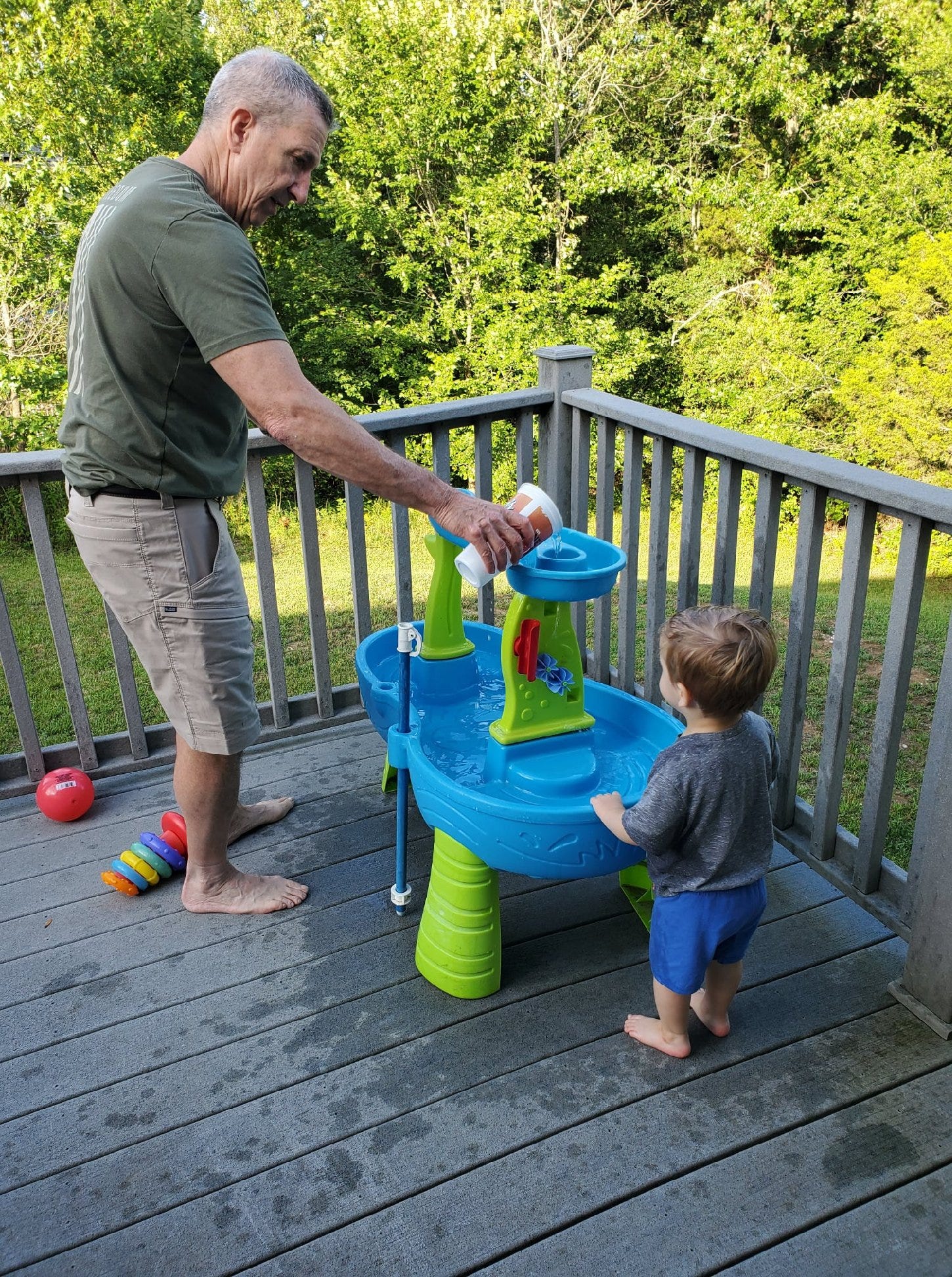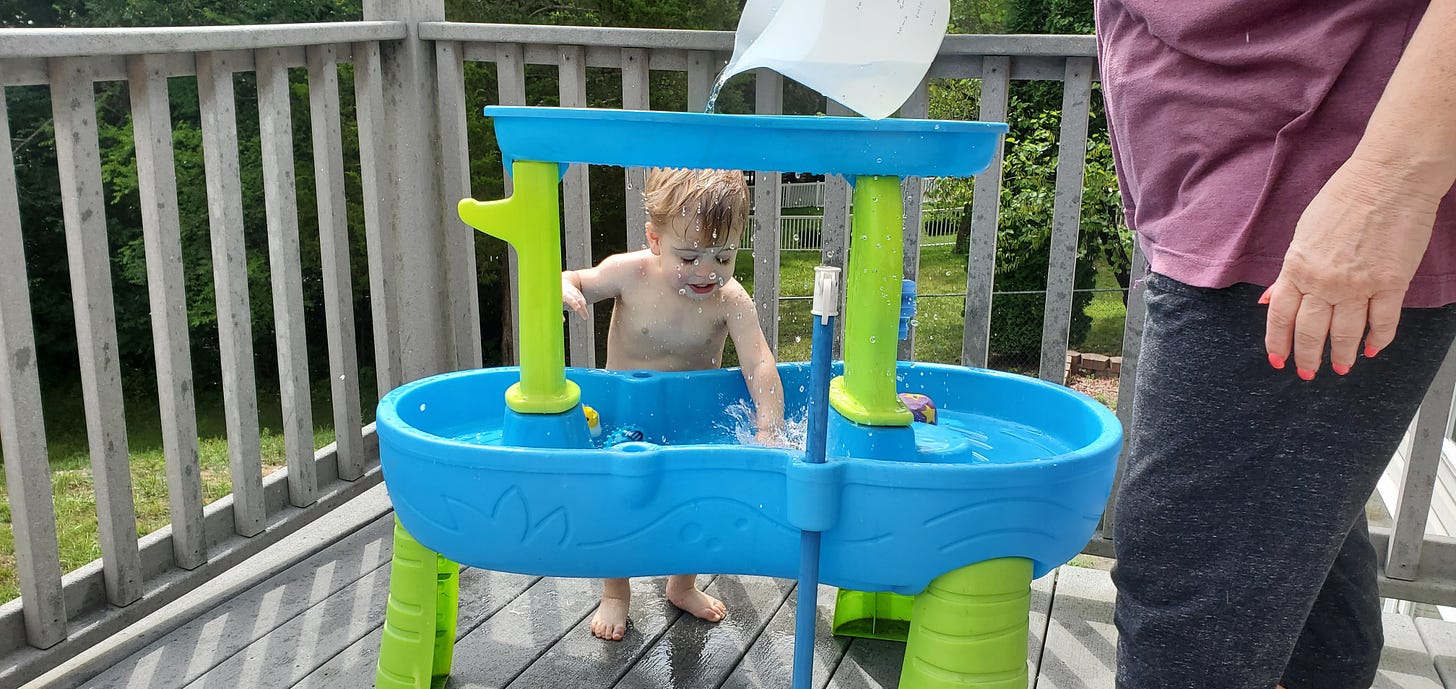Different doesn’t always mean worse; sometimes it just means different.
We often compare present-day experiences with past ones. Whether it’s our latest trip to the long-standing burger joint, the current political environment, or the “way kids are nowadays,” we cannot help but let our minds slip into the past as we experience things today.
In no area are comparisons more tempting than when it comes to the rearing of children. As far as I can tell, people of all social strata and political sensibility have strong feelings about how children should be viewed and treated. Some of these parental passions bubbled over in the wake of the turmoil of 2020-21. As in-class educational opportunities were curtailed and parents became more aware of the content of curriculum, they raised their voices and demanded change.
The contours of those demands varied from context to context, but my larger point is to say that even the most milquetoast adults tend to wake up when questions of adolescent well-being are in view. It doesn’t mean their judgments are correct, but the presence of passionate ones is significant. They partially explain why people are so prone to compare and contrast the experiences of their children and other children with their own.
Water Tables: You Learn Something New Every Day
It turns out that water tables are a thing. I’d surely never heard of them until my wife began saying a few months ago, “We’ve got to get one of those for Amos.” I’m sure she said it multiple times before the statement finally registered with me, at which point I thought, “What in the world is that?”
Supposing that a number of readers may not be acquainted with these modern playthings, I’ve embedded images of several different types of water table in this newsletter. If they’re not adequate, let me briefly describe a water table as a toy, typically intended for children ages 2-8, which allows them to play safely with water without having to be submerged in it. As the name implies, there is usually a main base or “table” in which water is poured. It can then be cycled through in numerous ways. Most water tables have an elevated shelf into which the water can be poured, which creates a sprinkler-like effect.
Kids may have a water table in lieu of a kiddie pool, though not necessarily. They can be enjoyed individually, or with a few others.
Once I figured out that this relatively new invention could be obtained on the cheap, I told my wife to go for it. She found one on Facebook Marketplace for $15 from someone we knew in a neighboring town, and it has since found a home on our back deck. And boy oh boy, has it generated a lot of fun for our son. He constantly wanders over to the sliding door to the deck, presses his little hands against the glass, turns to us and begs for “out” with his squeals and grunts. It’s pitiful, and often inconvenient. Nevertheless, we try to make time each week to dress him suitably and take him out for water table fun.
One of the unique highlights of these experiences was enjoying the water table when Meema and Papaw (my wife’s parents) and Mimi and Grandaddy (my parents) were in town. On a few occasions Amos has been able to play with the water table at a friend’s house. So, it’s not an altogether personalized, individualized experience, though it leans in that direction.
Fun, But Different
As I’ve observed him play in the water, I couldn’t help but think more than once, “This is quite a different experience than what my brother and I had growing up.” Admittedly, Amos is quite young, and I’m comparing his year and a half with an entire childhood, so the comparison doesn’t hold up. But one can easily look around and notice the varied experiences of neighborhood kids and see where it departs significantly from my own.
I grew up in a rural, blue-collar community where agriculture was a fact of life. Moreover, I was raised on a farm with sprawling stretches of land. The landscape was dotted with sheds, barns, livestock, fields, and woods. It was quite the canvas upon which to inscribe a set of experiences. What we didn’t have, we made. What we didn’t make or couldn’t make, we imagined or did without. Aside from farming implements, a golf cart, and much later, a four-wheeler, we operated with limited technologies but unlimited imagination. And it worked. We didn’t just have fun; we made fun.
Sometimes thoughts like this make me a bit sad when I observe my son. How is playing with this water table on a back deck anything compared to what I experienced? I know he doesn’t see it that way, and he has fun in other ways, too, but the concern crosses my mind. To be honest, sometimes when I observe the tablet-heavy play habits of other kids I feel pity. Sometimes I feel a bit annoyed.
Much has been written about the changing landscape of adolescent experiences. It’s difficult to know how much of this to attribute directly to parental philosophy, technological development, or context and socioeconomics. Based on the insightful work of psychologists like Jonathan Haidt and Jean Twenge, these are certainly having an impact on the kind of children being produced. Not surprisingly, kids are better off in some ways, but in other ways, decidedly worse.
Be Slow to Speak, but Speak
A posture of humility is essential. No one can control the circumstances into which they’re born, nor the parents they’re given. Of course, this would include how much open space is available. More to the point, there is a kind of instinctual pride that people tend to have about their own childhood. They often use that as a template for negatively assessing the quality of a current generation’s childhood experiences. So deep is this pride that even when some people have undesirable childhoods they still tend to find a way to use them to diminish or even criticize others. “Well, back in our day, we had it rough. These kids today have everything handed to them on a platter. No struggle required.” Humility is a crucial virtue for recognizing the contingent circumstances of everyone’s birth and upbringing, making us less prone to harsh judgments.
Simultaneously, gratitude gives us the capacity to own the positive aspects of our childhood and recognize where others’ experiences may be positive also. Perhaps it’s not the worst thing in the world for kids today not to endure bullying in the way we did as a kid. Or maybe it’s not appropriate to gripe over kids having healthier snacks available to them than you had.
But even humility and gratitude aren’t enough. We need to add wisdom to the mix. Wisdom enables us to see what’s likely happening or not happening with our children. It even enables us to look back over our childhood and reassess experiences with fresh eyes. Maybe some things we once thought positive weren’t so positive after all. Maybe some of those things we once thought negative weren’t so negative after all.
Even as we try to avoid judgmental attitudes toward our neighbors and especially fellow believers, we don’t have to check our brains at the door. We can honestly consider the relative values of indoor-play versus outdoor-play. Even those categories need to be unpacked. Playing in the woods is not playing in the yard, and vice versa. Playing in the bedroom isn’t playing in the basement, and vice versa. The bowling alley isn’t the soda shop, and neither of those are the arcade. Each of these come with their own set of dynamics and tendencies, some which may differ in propriety over the duration of a childhood.
It’s crucial that we think critically about all of these settings and the experiences they tend to generate, while also maintaining charity toward others. We need to make comparisons first for the purpose of understanding, not condemning, criticizing, or undermining the validity of someone else’s experiences. This is especially significant as our churches are comprised of families experiencing life in different ways. If we intend to have ministries which actually reach out and pull in new people, we’re going to have to factor in for different perspectives and experiences.
This commitment does not mean we turn into relativists. The church committed to understanding also must be the one committed to speaking the truth in love. This means that we need to aim for a robust, open discussion about how we’re letting biblical truth inform all of our family-related choices, including the sensitive area of parenting. If we want to let the “kids be kids” and “not take themselves too seriously,” then maybe the parents will have to take their own advice, too. If we’re worried about this current generation of “snowflakes,” then parents can’t afford to be snowflakes either. Student pastors, children pastors, and whoever else may be entrusted with special responsibilities to children and their parents should passionately pursue honest conversations about life in the home, even if it means everyone has to get a little uncomfortable.
The water table is just the tip of the iceberg when it comes to meditating on family life, but we can think about such things, while not overthinking them.
Follow Up:
Last week I wrote about membership transfers and the practice of writing letters of transfer/good standing. Last week I came across a timely article by Juan Sanchez, a Baptist pastor in Texas. He offers some constructive perspective about how to see those members who leave our churches. Read for yourself.
Currently Reading:
Jon Meacham, And There Was Light: Abraham Lincoln and the American Struggle.
A. Craig Troxel, With All Your Heart: Orienting Your Mind, Desires, and Will Toward Christ.
Quote of the Week:
Christian belief in the reality of hell and the possibility of separation from God rests on Jesus’s own words in the Gospels. “Hell” or “Gehenna” and other related terms point toward a state of punishment and suffering after death. Yet if everyone without exception is headed toward the same final destination with God—as universalists claim—then why do we find Jesus saying the “sheep” will be separated from the “goats” (Matt. 25:31–46)? That the “wheat” will be separated from the “weeds” (Matt. 13:30)? That the “wheat” will be separated from the “chaff” (Matt. 3:12)? That the “good fish” will be separated from the “bad fish” (Matt. 13:48)? That the “wise virgins” will enter the wedding feast but the “foolish virgins” will be stuck outside (Matt. 25:1–13)? Separation is occurring in all these passages.
But if universalism is true, there can be no truly lasting separation. And in that case, isn’t Jesus’s teaching highly misleading? Are we to imagine that our Savior frightened his hearers by describing a fixed separation of sinners that will never occur, or a future state of punishment that will not exist?
Michael McClymond, “12 Questions for Those Considering Universalism.”
On My Mind: Courage
Lately I found myself reading three different books on very different subjects—or so I thought. I thought I was reading about President Lincoln, the need for renewal and revival in evangelicalism, and the collapse of the massive Tavistock gender identity service in England. I discovered that I was reading three books that dealt extensively with courage, or the lack thereof. What’s your favorite author or title on this topic?









